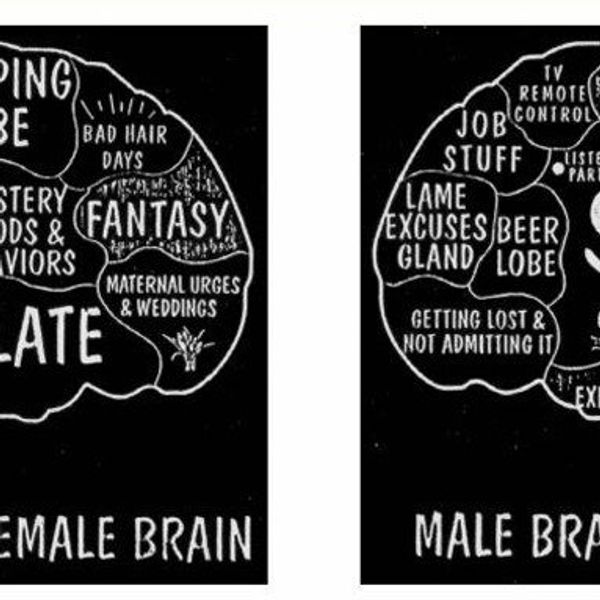The United States is known as the country of opportunity. If one simply works hard, he or she can become successful. Society gives equal or similar opportunities for all. However, is this really true?
Recently, I saw a cartoon called "On a Plate" by Toby Morris. It compares two different lives: of Richard, whose parents were financially stable, and of Paula, whose parents are poor. Richard's house is full of books and food while Paula's house is dry and crowded. Richard is supported by his parents as they will do anything for their child while Paula's parents support her by working all the time. In terms of education, Richard has many resources and teacher support and school while Paula is in crowded classes with little attention from teachers. There are higher expectations for Richard and if he struggles in a class he can get a tutor. For college, Richard's parents pay his tuition, but Paula has to work many jobs while studying to be able to attend college. Richard's father connects Richard to an internship. When the main characters get jobs, due to his educational advantage, Richard works at an office while Paula works at a restaurant. The expectations society holds of them are different and people expect Richard to be skilled while people expect Paula to be troublesome. In the end, Richard is a person of high authority at a party while Paula serves him.
The little advantages that the higher class have slowly add up to overwhelm the poor.
Another example is the SAT. People of wealth can afford prep classes while the poor don't have money to receive help much less do they have resources to practice the exam. Since the SAT is taken into account for college applications, the wealthier generally have an advantage.
People from wealthier backgrounds often blame the poor for their statuses. Their belief in the typical rags to riches story allows them to assert that anyone who tries hard enough can become successful. To them, if one still cannot succeed, the person simply is not qualified; it is a matter of social darwinism. They don't take into account, however, the extreme struggles the poor face. The lack of resources, the lack of hope, and the negative public image and lack of self-confidence restrict the poor from rising in status. Rising up in class for the poor is like trying to climb up a never-ending well: it seems almost hopeless.
According to James Loewen's Lies My Teacher Told Me, in textbooks, they boast of the United States' high social mobility (ability to rise in social status) and lack of social stratification. However, the people of colonial America were much more socially and economically equal than those of today. Today, the economic gap between the poor and the rich are increasing. Japan and much of Europe has more equal social statuses among people. There are certainly many positive aspects and freedoms of the United States' capitalist system, but there is room to improve. It is time to stop ignoring the extreme social stratification of the United States.





















